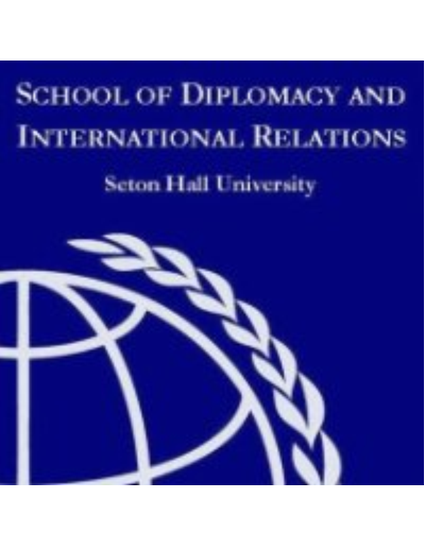
Article
Interreligious Dialogue in Global Perspective
Seton Hall Journal of Diplomacy and International Relations
(2002)
Abstract
The tensions between religions and political systems have been evident in intellectual and cultural contexts throughout human experience. In past ages, there has been a propensity for each culture or religion to assume that it embodied the best in every aspect of the human order. There is no longer any excuse for such narrowness spawned of ignorance to dominate the thinking of educated people. Yet mere tolerance of other approaches to the common challenges of humanity will not provide security for all, especially for minorities within a culture or for weaker societies in a given region striving to maintain their self-identity. An honest exchange of ideas, wherein each party is willing to listen, is the model which should replace the tendencies of the strong to impose their will on others.
Keywords
- Interreligious Dialogue,
- global perspective,
- Jewish-Christian,
- Christian-Jewish,
- dialogue among civilizations,
- Ferdinand Ebner,
- Second Vatican Council,
- Covenant,
- Hebrew Society,
- 2 Sam 11:1-27,
- 2 Sam 12:1-7,
- Genesis 15,
- Sinai Covenant,
- foedus,
- foederis,
- Gen 1:26-28,
- Lev 19:2,
- Deut 6:4-6,
- neighbor,
- Ex 34:6-7,
- Ex 21-23,
- Deut 27:15-26,
- Leviticus 19,
- Idolatry,
- Common Good and Individual Rights,
- Vatican Council II,
- Mishnah Abhot 2:21
Disciplines
Publication Date
Winter 2002
Citation Information
Lawrence E. Frizzell. "Interreligious Dialogue in Global Perspective" Seton Hall Journal of Diplomacy and International Relations Vol. 3 Iss. 1 (2002) p. 26 - 38 Available at: http://works.bepress.com/fatherlawrence_frizzelldphil/2/
Creative Commons license

This work is licensed under a Creative Commons CC_BY-NC-ND International License.
